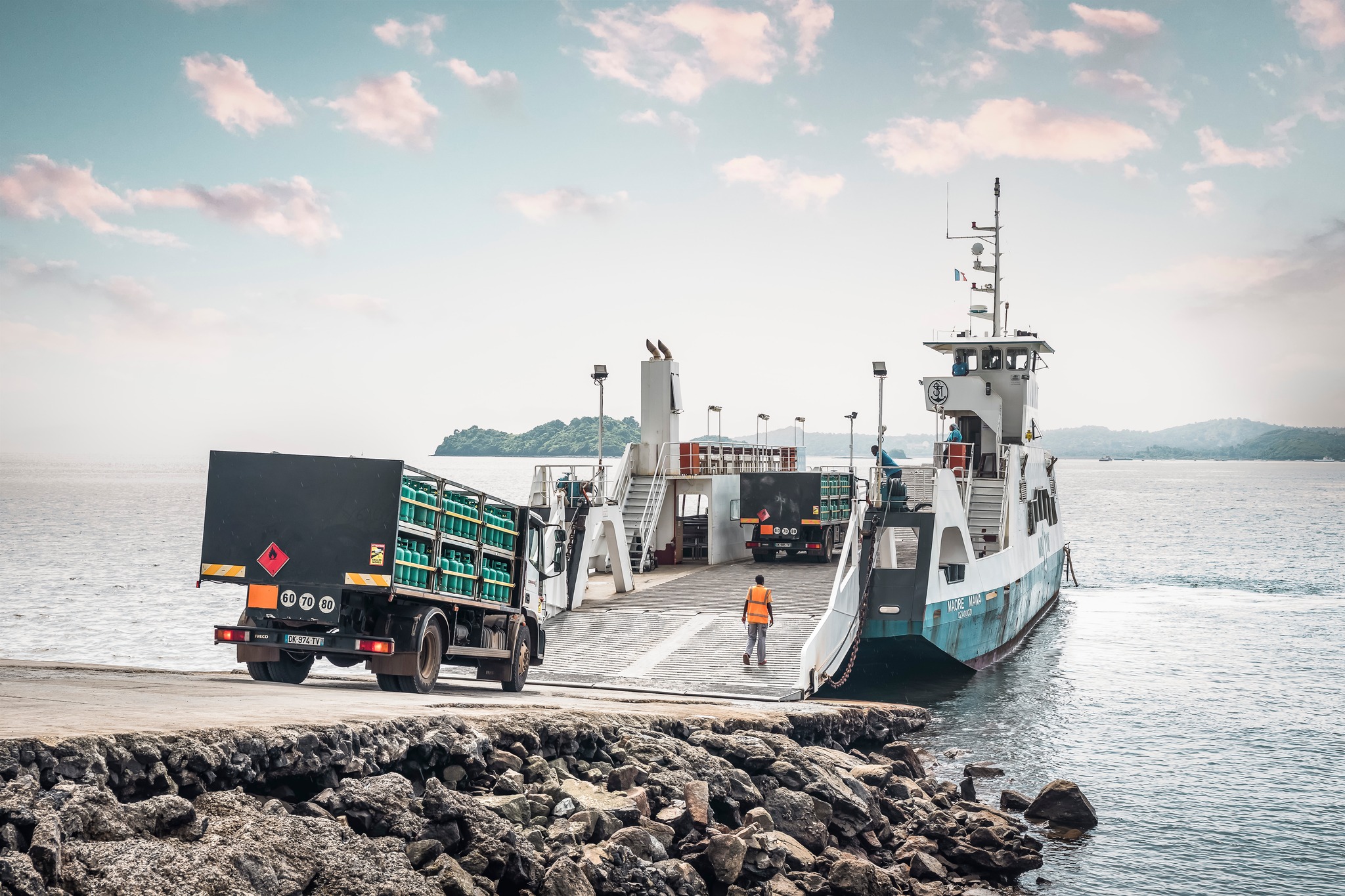- Home
- Investor Centre
- Sustainability
- Talent
- News
- TH!NK
- Corporate Governance
- Company Profile
- Board of Directors
- Community
Contact Info
How financial institutions can help Mauritius go carbon neutral

I believe that it is safe to say that some of our clients and stakeholders were surprised when back in 2019, MCB made public its decision to stop financing new coal power plants in Mauritius. This decision was a necessary consequence of our commitment to reach carbon neutrality in our operations – a milestone we achieved this year.
This is a tough call to make – not because there’s any doubt as to its needfulness but rather because it has challenging implications, like being unable to accompany our clients in some of their strategic projects, which in turn could have consequences for the country’s electricity supply.
However, taking the moral high ground and withdrawing finance from the polluting industries is not enough.
The change has to be systemic and yet, we have to be pragmatic: many high carbon-emitter industries such as aviation, shipping, steel etc, already severely impacted by the pandemic, will need to secure financing to support their decarbonisation efforts. This is where banks and financial institutions have a major role to play in the adaptation to the new world order and provide polluting industries with access to finance on their green and decarbonisation journey.
As businesses begin their respective journeys to net zero emissions, climate finance will have to be deployed in parallel with transition finance in order to bridge the gap between traditional and green/climate financing. To ensure a systemic change towards low carbon technologies, the companies in question must devise credible transition strategies in a transparent manner via clear reporting frameworks. This is crucial if banks and other financial institutions are to come up with transition finance products.
Although responsible for only 0.01% of the global CO2 emissions, Mauritius ranks 7th on the list of countries most exposed to natural hazards and is the 13th country with the highest disaster risk by the World Risk Report. The erosion of our beaches and degradation of our coral reefs are cases in point.
That is why we must act now. Later this year, the governments of the world will meet in Glasgow for the COP26. They will discuss the progress achieved since the Paris Agreement and with the strong support of the new US administration, it is likely that commitments to reduce carbon emissions will be reinforced.
Mauritius will need to decide soon if she is ready to join the increasingly bigger club of countries that have made the commitment to reach net zero emissions by 2050. At MCB, we believe that a carbon neutral Mauritius by 2050 is not only possible but will be beneficial to the economy. We are encouraged in this by the Bank of Mauritius’ decision to come up with a framework for the issuing of sustainable bonds.
Achieving net zero emissions for the country is an opportunity to create a more stable and prosperous future via the development of low-carbon offers, the decarbonisation of the energy mix and the creation of a more local and decentralised economy – all representing great potential for economic growth.
Subscribe to our Email Alerts
Stay up-to-date with our latest releases delivered straight to your inbox.
Contact
Don't hesitate to contact us for additional info
Email alerts
Keep abreast of our financial updates.














